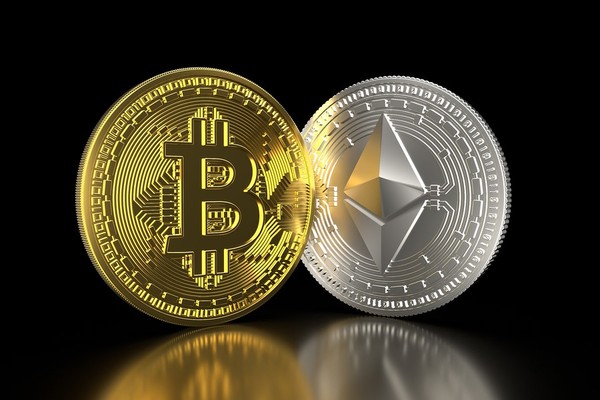Uniswap v4’s KYC move ignites heated debates
The post Uniswap v4’s KYC move ignites heated debates appeared on BitcoinEthereumNews.com. Uniswap’s latest feature, an opt-in KYC hook, has set the crypto realm ablaze with debate and speculation. Advocates argue for its practicality, while skeptics see a slippery slope toward stricter regulatory controls in decentralized finance. The crossroads at which DeFi finds itself couldn’t be clearer. The Heart of the Controversy For the uninitiated, a hook is a nimble, digital mechanism letting developers personalize a codebase without morphing its core structure. And in the rapidly evolving ecosystem of Uniswap V4, this innovative hook introduces a provision for Know Your Customer (KYC) verification right within its decentralized finance protocol. Traditional banks and financial entities typically employ KYC processes to validate customer identities, primarily aiming to curb potential money laundering and terrorist funding ventures. The bone of contention? This move appears to challenge the very essence of decentralization, which crypto enthusiasts champion: anonymity and freedom from traditional financial gatekeepers. As some critics passionately point out, this may only be the start. They envision a near future where non-KYC users could be painted with the broad brush of illegitimacy or even be branded as potential lawbreakers. Community Divides: Utility or a Regulatory Trap? It’s pivotal to recognize that this KYC hook, made available by a proactive community developer on Uniswap V4’s directory, functions as an opt-in feature. Intriguingly, the verification process capitalizes on nonfungible tokens (NFTs), a testament to how deeply NFTs have permeated into diverse applications. Some voices from the community highlight the hook’s practical utility, especially for projects bound to respect certain jurisdictional regulations. To them, this might be the perfect bridge between regulatory compliance and decentralized operations, rather than a surrender to centralized oversight. Yet, it’s impossible to overlook the tightening grip of global powers on decentralized platforms. The G20’s recent nod to a stringent crypto regulatory pathway, shaped by both…

The post Uniswap v4’s KYC move ignites heated debates appeared on BitcoinEthereumNews.com.
Uniswap’s latest feature, an opt-in KYC hook, has set the crypto realm ablaze with debate and speculation. Advocates argue for its practicality, while skeptics see a slippery slope toward stricter regulatory controls in decentralized finance. The crossroads at which DeFi finds itself couldn’t be clearer. The Heart of the Controversy For the uninitiated, a hook is a nimble, digital mechanism letting developers personalize a codebase without morphing its core structure. And in the rapidly evolving ecosystem of Uniswap V4, this innovative hook introduces a provision for Know Your Customer (KYC) verification right within its decentralized finance protocol. Traditional banks and financial entities typically employ KYC processes to validate customer identities, primarily aiming to curb potential money laundering and terrorist funding ventures. The bone of contention? This move appears to challenge the very essence of decentralization, which crypto enthusiasts champion: anonymity and freedom from traditional financial gatekeepers. As some critics passionately point out, this may only be the start. They envision a near future where non-KYC users could be painted with the broad brush of illegitimacy or even be branded as potential lawbreakers. Community Divides: Utility or a Regulatory Trap? It’s pivotal to recognize that this KYC hook, made available by a proactive community developer on Uniswap V4’s directory, functions as an opt-in feature. Intriguingly, the verification process capitalizes on nonfungible tokens (NFTs), a testament to how deeply NFTs have permeated into diverse applications. Some voices from the community highlight the hook’s practical utility, especially for projects bound to respect certain jurisdictional regulations. To them, this might be the perfect bridge between regulatory compliance and decentralized operations, rather than a surrender to centralized oversight. Yet, it’s impossible to overlook the tightening grip of global powers on decentralized platforms. The G20’s recent nod to a stringent crypto regulatory pathway, shaped by both…
What's Your Reaction?




































